Voices of the Next Generation
What we know:
86% of professional designers are Caucasian *
Women make up only 25% of design firm leadership **
And 11% of the design industry identifies as LGBTQ+ **
These statistics can be startling to some, or just another day in the industry for those that notice or personally feel these inconsistencies in designers’ diversity.
Each year, the Be Original Americas Fellowship grants two design students the opportunity to see and experience the design industry process from start to finish. As we enter our 4th fellowship year with exciting opportunities, and equally excited students, we’re taking a moment to acknowledge and appreciate the diverse backgrounds and perspectives we have seen and strive to support.
Clearly, the design industry as a whole does not currently reflect the population around us, and creating a more inclusive environment that actively recruits and supports a diverse body is just one action item the Fellowship aims to support.
And while it’s important to recognize the diversity we’ve observed throughout these 4 years, it’s also paramount that we understand why diversity in design matters – different identities, experiences, beliefs, and cultures contribute to a richer, fuller creative output.
Perhaps it’s this question that we must ask: how could a monolithic group of people possibly design for a varied, diverse world? We asked our past and incoming fellows how diversity influences their design process:
“As a woman of color, and daughter of Mexican immigrants, I use my lived experiences to speak out and drive change through design to represent people like me, those living between cultures. However, regardless of anyone’s cultural background, Design is universal and human-centered, and it’s only natural that a designer’s thought process account for all human representations.”
Karina Campos, 2016 Fellow
Innovation is for everyone, and some of the greatest originals draw inspiration from the cultures, customs, and traditions their designers were raised in.
“The combination of my own background with the opportunities provided to me along the years has truly made me grateful that we are all different so that our creations can be as well. Without diversity, design and art would be characterless.”
Defne Kansu, 2018 Fellow
In the end, there will never be a one-size-fits-all approach to design, and rather than try to ignore the variety of life, the industry should embrace the differences that contribute to a more robust community of creatives. And, our incoming fellows certainly take this into account:
“Growing up in a Taiwanese household with three generations under one roof, I developed a strong understanding of the significance of family and more broadly, of a community, which has in turn affected the way I perceive, think, and design. My design approach is community oriented and human centered.”
Claire Lin, 2019 Fellow
“I approach design with a respect for diversity, an understanding of the need for sustainability and with the goal of my work being an expression of who I am. My cultural uniqueness has been shaped by two educated parents who instilled in me a love for God and a love for people. My heritage as an African American empowers me to work against stereotypes.”
Nino Chambers, 2019 Fellow
As we kick off the 2019 Fellowship, read more about the experiences of past fellows, and follow along on Instagram to welcome our newest cohort.
Please note: This is an important subject being discussed in many communities, and we’ve only scratched the surface. We welcome your comments on this subject. Thank you.





